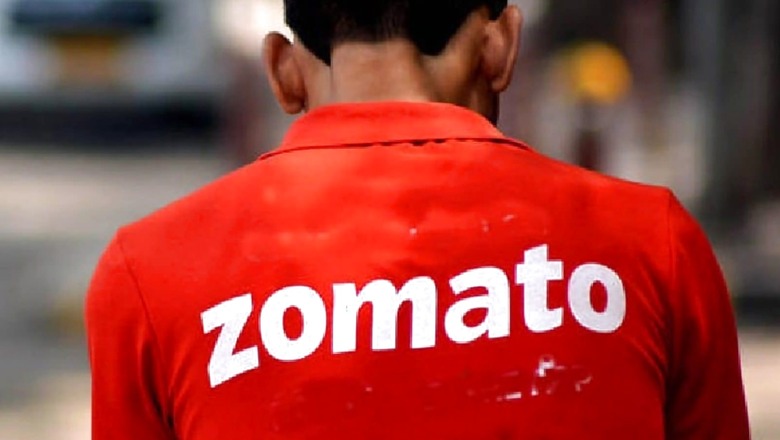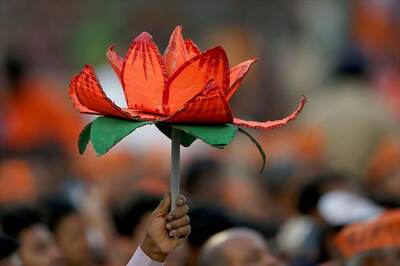
views
Finance minister Nirmala Sitharaman on Friday said that Goods and Service Tax (GST) Council has been discussing the proposal of bringing e-commerce operators under GST ambit for providing certain service. The e-commerce operators will be liable to pay tax for providing following services — a) Transport of passengers, by any type of motor vehicles through it, b) Restaurant services provided through it with some exceptions. Food delivery aggregators such as Zomato and Swiggy will have to pay GST for supplies made by them. The changes is going to come into effect from January 1, 2022 to allow e-commerce operators to make software changes.
The food delivery apps will have to collect and deposit GST with the government, for deliveries made by them. Currently, online bills generated by food aggregators already have a tax component in it. However this taxed amount is paid back to the restaurant partners who are then expected to pay this amount to the government. The restaurant listed on food delivery applications pay 5 per cent GST on food bill. The food delivery aggregators pay 18 per cent GST on the commission it charges the restaurants for providing delivery and marketing services.
“E-commerce operators Swiggy and Zomato to pay GST on restaurant service supplied through them, and tax to be charged at point of delivery,” finance minister Nirmala Sitharaman said while addressing the press conference.
“Regarding Swiggy-like operators and gig offices, it has been decided that since the place where food is delivered will be the point where tax is collected, the Swiggy-like operator who will be collecting tax will pay up the GST on it,” Sitharaman said.
“The decision to make food aggregators pay tax on supplies made by restaurants from January 1, 2022 seems to have been done based on empirical data of under reporting by restaurants, despite having collected tax on supplies of food to customers,” said Mahesh Jaising, Partner, Deloitte India.
How it is Going to Affect the Customers:
There is no new tax on Swiggy and Zomato, Sitharaman said. Revenue Secretary Tarun Bajaj clarified that the GST collection point was simply being transferred.”Suppose you order food from the aggregator… now the restaurant is paying taxes. But we found some restaurants were not paying. We are now saying that if you order the aggregator will collect from the consumer and pay to the authorities instead of the restaurant doing this…” he said.
You might have to shell out more for ordering food from certain restaurants via delivery platforms such as Swiggy and Zomato, said experts. “If the restaurant has more 20 lakh turnover, there will be no impact to customer. Where it is a small one, we have to watch what the notification and the scheme prescribes. If food aggregator has to pay tax here, then there could an increased 5 per cent cost,” Jaising added. “The impact on the end consumer is expected to be neutral where the restaurant is a registered one,” he said.
On how the GST will be implemented on food aggregators, Mahesh Jaising explained, “The proposal could of this nature could typically be implemented in two manners. The food aggregator would charge GST and restaurant would not charge GST. This would be similar to cab aggregators and under this option, the restaurant would need to have two separate invoicing system – one for supplies in the restaurant and the other, through aggregators.”
“The other option could be that the restaurants continue to charge GST and the food aggregator be treated as a deemed supplier (and buyer). This would have the same impact of tax recovery from the food aggregator,” he further mentioned.
“Like in Option 1, with a variance being that credit would need to be claimed by the food aggregator. Hence, food aggregator would need to undertake robust changes in their processes and compliances. In Option 2, the food aggregator would have a larger responsibility to ensure restaurants pay the tax charged, for them to be meaningfully be able to claim the credit,” he added.
Read all the Latest News , Breaking News and Ukraine-Russia War Live Updates here.




















Comments
0 comment